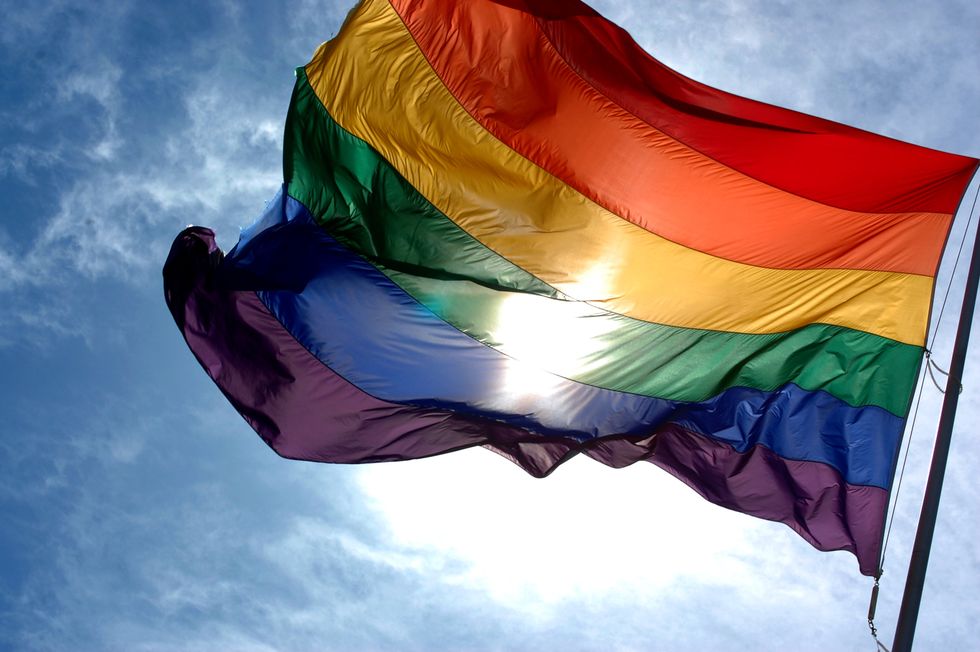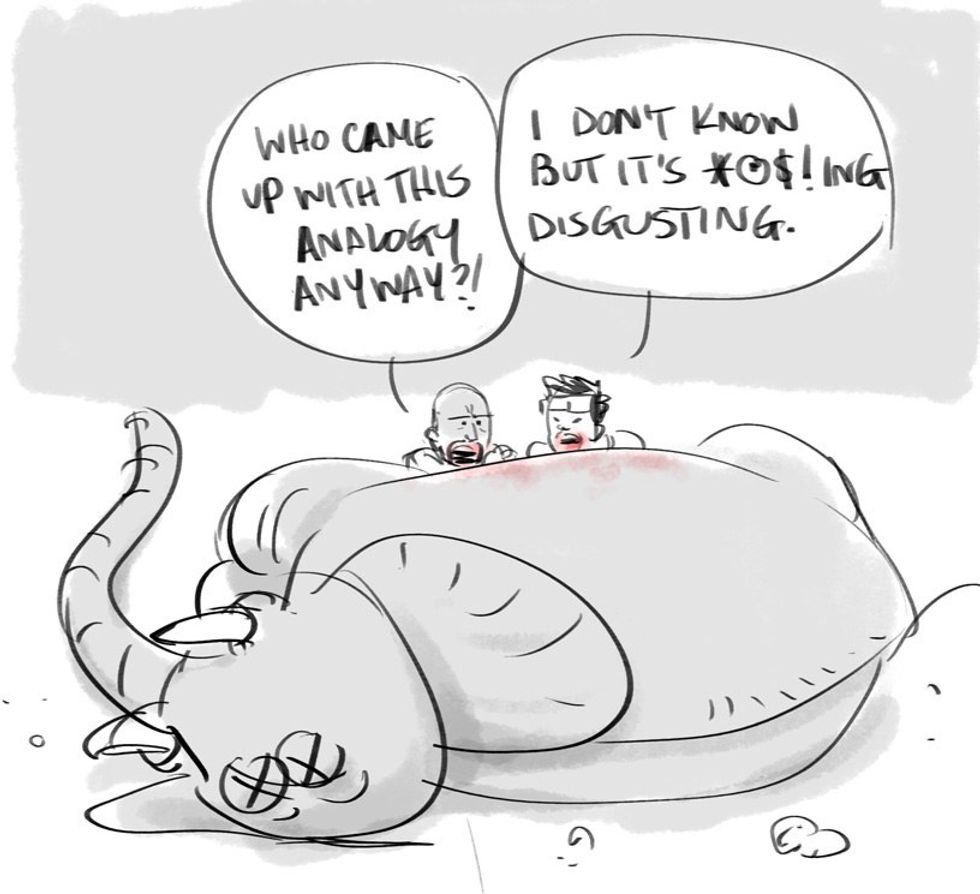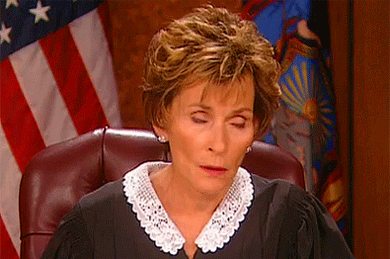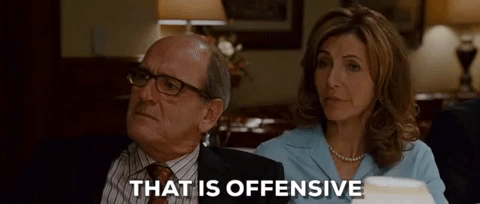Ever since I knew the meaning of a homosexual, or a transgender person, I had developed my own opinion on them. Through media, television, or just the environment
that I had grown up under, it had taken me time to truly learn about the LGBTQ+ community, to see the world in their shoes. Fortunately, I have always had a positive response to this community, and never agreed with people who had imposed hate or shown irritation around gay or lesbian people.
But, I have also never understood the pressure of 'coming out', why people from such understanding and loving families were scared to tell the truth to their own parents. Or, even though the person claimed to have nothing against homosexuality, was so resistant to the idea of acknowledging their own homosexuality.
In addition the the thousands of assumptions I had made about this community, I had also assumed that most were mad, upset, and dissapointed
with the treatment of LGBTQ+ in modern day society. I was surprised after receiving an answer from a person had so much patience even though he had been called many slurs by his own peers. However, it was very refreshing to learn about a new perspective and to understand how simple the goals of the LGBTQ+ community are.
If this interview taught me anything, it was a lesson that I have received time and time again: assumptions will always lead you astray. Here is the interview as follows:
1. What is your sexuality?
"Gay."
2. How long have you known this?
"I've known from a very young age, but I never really knew what that label really meant until around 6th Grade."
3. How has knowing and accepting your sexual orientation changed you, your perception, or people's perception
of you?
"I feel like it has very much been a weight lifted off of my shoulders. I feel like I've been able to make more honest informed decisions about who I align myself with, and generally, I've been so much happier."
4. How have your peers, and/or friends reacted to your coming out?
"At first, a lot of the people who I thought of as friends really damaged me. I was outed to a lot of people I didn't want to be, and I experienced directed homophobia for the first time, and it really stuck to me. I thought it was the end for me, but as I would see, nothing much changed in reality. It was at this point that I would realize who I was really friends with. Many people came to my side, showed their support, and made sure I was loved
; I started to feel more comfortable in my own skin. At some point, it wasn't even really a talking point, just another trait of what makes up "me".
Currently, I don't face much active homophobia, and even many of the turned-friends who originally gave me trouble and bigotry seem to have gotten tired of doing so, and see me as another normal acquaintance these days (which I hardly agree with but I digress). I feel as though me being the first point of contact, in terms of a gay individual, to these people made them realize that LGBTQ folk aren't simply an argument to be had, or a punchline, but rather people simply living their own lives. I feel like many people who hold a seething hatred against gay people are those that have never even met them."
5. What, if any, prejudices have you faced regarding your sexual orientation?
"I have only really dealt with taunting remarks and laughter at my owe expense, outside of being disowned by a few friends. Usually the laughter and taunting comes from groups of boys, leading me to believe homophobia thrives off of a herd mentality, and the fear to stand up against those you want to fit in with that lives within them. Toxic masculinity inclines them to laugh and ridicule anyone "less masculine" than them, and a gay person is just an easy pick for them due to the gross stereotyping we're constantly subjected to."
6. How has being part of the LGBTQ+ community changes you?
"Being in the LGBTQ+ community has been amazing as it allows me to always have some kind of support network to cling to, even on the worst of days. The LGBTQ+ community is very interlocked, and loving of each other, something I think shapes a lot of LGBTQ+ people."
7. How has your environment impacted your journey?
"I feel like despite living in "The South", the area and school I am from is very liberal. Even for the most stereotypically southern people of the area, the truth of the matter is that usually once they come to terms with you being an actual gay person, and not the scary monster that they've conceived in their mind. That faucet of you quickly brushes to the side, and they're more interested in you as a person."
8. What are some common misconceptions about you and others of your sexuality that people have made?
"That gay men are weak, feminine, fragile, skinny white boys. The truth of the matter is that gay men come in all shapes and forms. Black gay men, latino gay men, asian gay men, muslim gay men, christian gay men, jewish gay men, fat gay men, skinny gay men, young gay men, old gay men, disabled gay men, etc. Gay men are absolutely no different from straight people in variety. And despite the media having a certain image of a gay person, gay men of all types should be proud to be who they are, and have visibility."
9. What do you wish for in the future for LGBTQ+ people?
"I wish that we'll be accepted all over the world in all careers and all activities. The fact there are still restrictions against gay men donating blood is just one focal point of the effort to make change. I personally want to become a politician in the future, but I know that in some jurisdictions, that's an impossible feat, as homophobia runs horribly rampant even still in the US. Even as the current administration takes steps against us, I wish for a better future than the present for our LGBTQ+ children."
10. Is there anything you would like to add for closeted, or open members of the LGBTQ+ community? Anything to people who aren't a part of the community?
"Specifically toward closeted LGBTQ+ individuals, I want you to know that you shouldn't worry about identifying yourself with anything until you feel comfortable with your identity. Feel things out first. Maybe you're not sure if you like women, men, or anything between or outside of that. And that's okay. Maybe you don't know if your gender truly matches your sex. And that's okay. Figure things out, do some research. Whatever you find out, you're valid and loved by someone. There are tons of LGBTQ+ safe spaces, such as Gay Straight Alliance Club, and many teachers are extremely loving and accepting of all of their students. If no one takes anything from this, just know that whatever happens, just make sure you stay safe, and move toward what makes you happy. It's okay to be in the closet, you should only come out whenever you feel safe and comfortable doing so. It'll be scary at first, but you'll find so much happiness in your future. And for allies outside of the community, try your best to erect safe spaces wherever you can. Even if it's awkward, call out and don't stand for homophobic comments anywhere, as someone who's already hurting on the inside could end up hurting so much more. I really hope this helps someone who needs it."



 Photo by
Photo by  Photo by
Photo by 
 Photo by
Photo by 


















